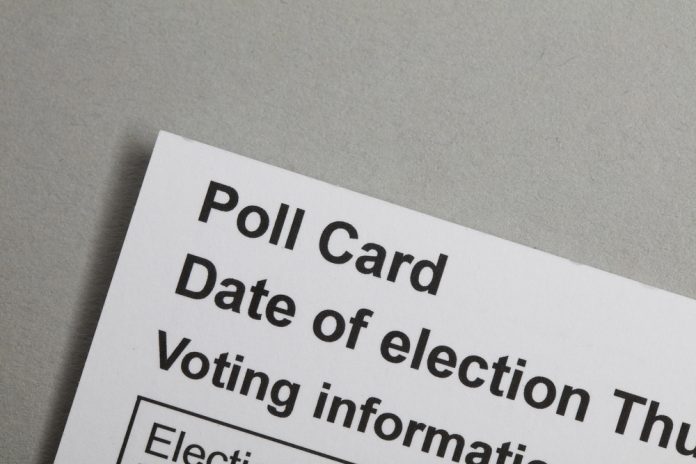With polls continuing to suggest a tighter UK election race than first anticipated, an outright Conservative victory is looking more and more elusive.
Since Prime Minister Theresa May announced her decision to call a snap election in April, the marked double figure lead for the Conservatives has significantly lessened, as criticism of May’s ‘robotic’ campaigning and unpopular manifesto pledges continue to hamper her chances.
So, what would a Corbyn victory mean for the markets?
On the whole market analysts remain bearish on the prospect of a Labour government, and what their left-leaning policies may entail for businesses.
Colin Cieszynski, a Toronto-based chief market strategist for CMC Markets said in comments to MarketWatch:
“Labour’s far-left, out-of-the-’70s program could create economic uncertainty and send global stocks into a tailspin,”
He added: “As we enter the weaker season of the year for stocks, which runs through mid-October, it wouldn’t take much to tip over the current house of cards.”
Similarly, Kathleen Brooks from London-based City Index took commented in the run-up to Thursday’s election:
“If the Labour Party unexpectedly wins next week, then we would expect to see a sharp shock in the U.K. stock market, as Corbyn’s tax-and-spend plans could hurt the U.K. corporate environment,” said Kathleen Brooks, a London-based research director at City Index.
Nevertheless, Brooks did not anticipate a Labour victory to affect stocks on global scale, instead remaining very much “localized”.
She continued: “We don’t think that the outcome of the U.K. election will have a meaningful impact on global equities.”
Despite the evident momentum of the Corbyn campaign in the last few days of the election race, analysts still remain largely unconvinced that there will be a Labour victory on Friday.
The latest YouGov poll has suggested that whilst the Conservatives will win the most seats, the party will fall 21 seats short of a parliamentary majority – resulting in a hung parliament.
According to polling averages, the last polls conducted prior to the election place the Conservatives with a six-point lead, after Labour closed the gap significantly in recent weeks.
However, as the 2015 election, the Brexit referendum and Trump’s surprise victory back in November revealed, polls are proving an increasingly inaccurate means of predicting electoral outcomes.
It remains to be seen whether the marked rise in popularity of Jeremy Corbyn will indeed translate into electoral victory and a previously unexpected upset for the Tory government.

